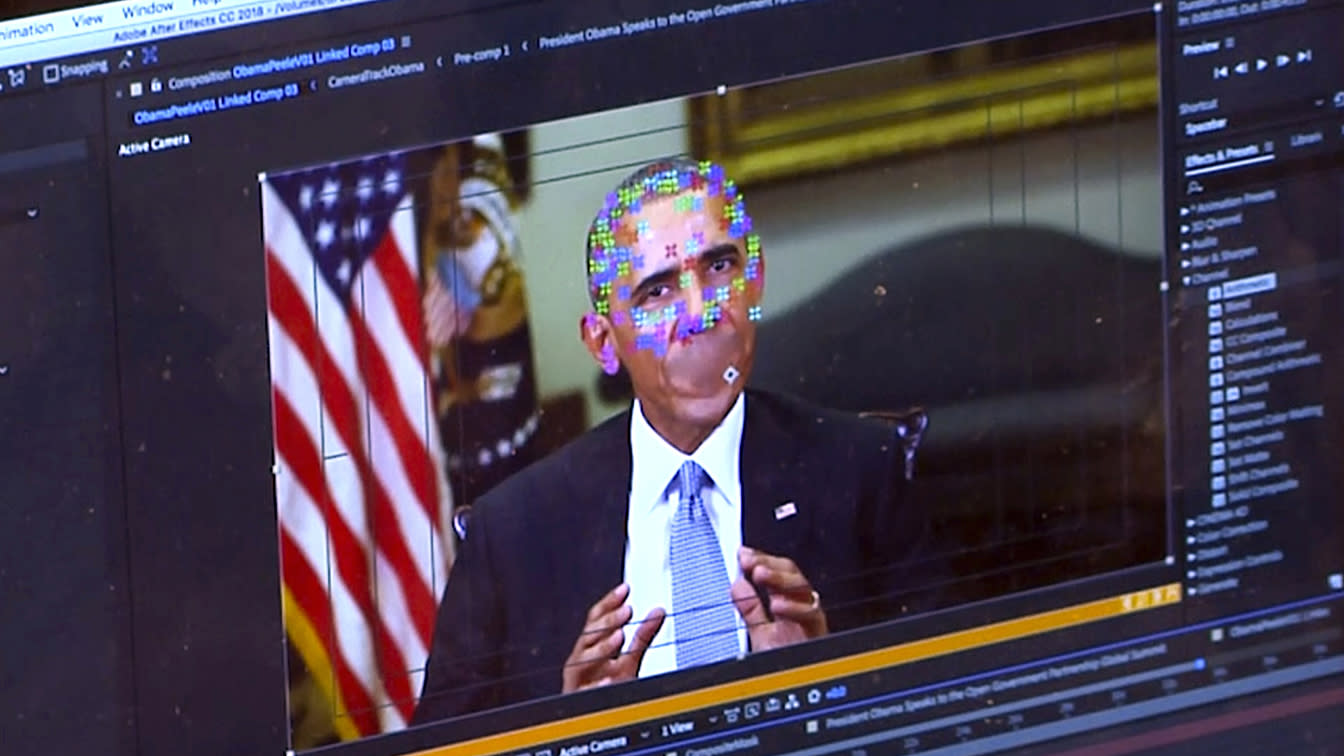States across the United States are scrambling to implement regulations on deepfakes used in political campaigns, amid growing concerns about the potential for misinformation and voter manipulation. This surge in state-level action comes as the Federal Election Commission (FEC) grapples with the issue and considers its own approach.
Deepfakes are a type of artificial intelligence (AI) technology that can be used to create realistic and often undetectable videos or audio recordings of people saying or doing things they never did. In the context of political campaigns, deepfakes could be used to fabricate damaging or misleading statements from an opponent, or to create entirely fake endorsements from prominent figures.
The potential for deepfakes to disrupt elections has been a growing concern for election security experts and lawmakers alike. In the 2020 presidential election, there were no major incidents of deepfakes being used in campaigns. However, experts warn that as the technology continues to develop, it is likely to become more sophisticated and more difficult to detect.
Several states have already taken steps to address the issue. California, for example, passed a law in 2019 that makes it a crime to knowingly distribute a deepfake video that is intended to deceive voters. Other states, such as Texas and New York, are considering similar legislation.
The patchwork of state laws has raised concerns about the need for a national standard for regulating deepfakes in political campaigns. The FEC, the federal agency responsible for overseeing campaign finance, has been slow to act on the issue. The commission has held hearings on deepfakes, but it has yet to issue any specific regulations.
Some critics argue that the FEC is not well-equipped to handle the challenge of regulating deepfakes. They point out that the commission is a bipartisan body with a history of gridlock, and that it may be difficult to reach consensus on such a complex issue.
Others argue that the FEC is the best agency to address the issue, given its expertise in campaign finance law. They say that the commission should take a more proactive approach and issue clear regulations on deepfakes.
The debate over how to regulate deepfakes is likely to continue in the coming months and years. As the technology continues to develop, it is becoming increasingly clear that some form of regulation is necessary to protect the integrity of elections.
____________________________________
This article first appeared on The WIRE and is brought to you by Hyphen Digital Network
(The content powered by our AI models is produced through sophisticated algorithms, and while we strive for accuracy, it may occasionally contain a few minor issues. We appreciate your understanding that AI-generated content is an evolving technology, and we encourage users to provide feedback if any discrepancies are identified. As this feature is currently in beta testing, your insights play a crucial role in enhancing the overall quality and reliability of our service. We thank you for your collaboration and understanding as we work towards delivering an increasingly refined and accurate user experience.)







